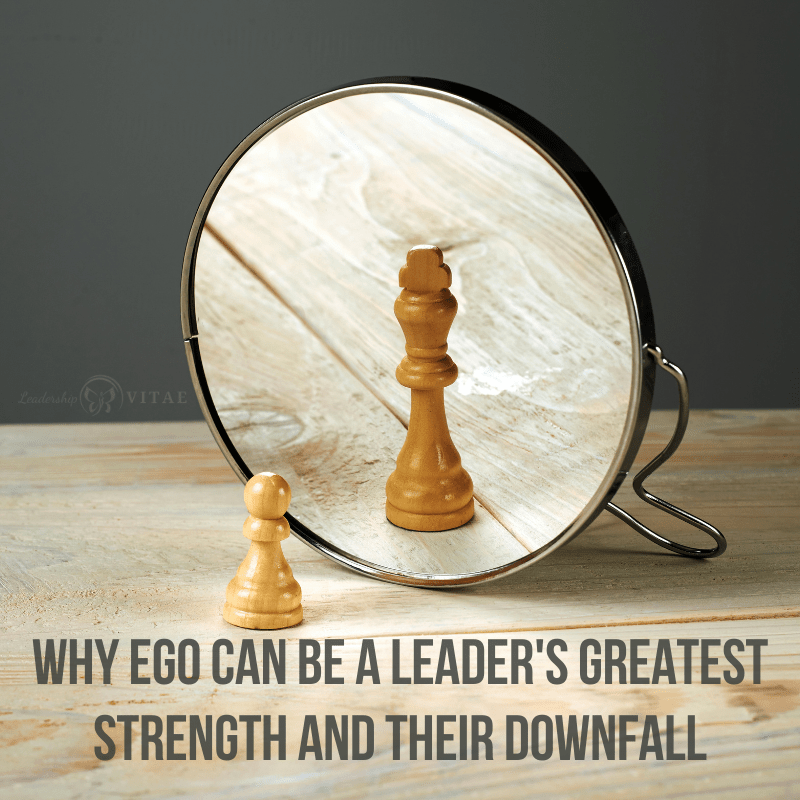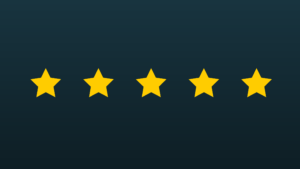
The benefits of having a mentor are well-documented. When researching reverse-mentoring, however, it seems to be a fairly limited definition.
The traditional definition of reverse mentoring is when executive team member is mentored by someone younger to give them insight they might otherwise not be exposed to. It’s thought to be the reverse of a more senior person giving insights to the junior person in a mentoring relationship.
I’d argue every mentoring relationship is, or should be, dual-sided. While the initial intent may be for one person to receive some form of insight and guidance from the other, there is always the opportunity for it to be reciprocal. In fact, if a mentor isn’t also looking to find ways to learn from a mentee, there’s value being lost in the relationship.
It’s with this mindset that I went into partnership with a new mentee. He’s a new leader and looking for insights on how to grow and develop his leadership skills. I love these conversations, because they always keep me on my toes. He comes at concepts differently than I do, which challenges my thinking. He also does his homework and introduces me to new ideas, books, and concepts.
It didn’t surprise me when he recently asked me a doozy of a question. It tends to happen at least once a session. This one happened to stick with me afterwards and hasn’t let go.
“What is the one thing leaders must overcome or master to be most effective?”
What separates good from great
When I think back on the leaders I’ve met in my career, they are legion. Military officers, non-profit leaders, C-levels from starts ups, multi-nationals, and established local businesses. Those that are just starting out, and those that have been leading since before I got my first paycheck. They’ve been my customers, managers, peers, stakeholders, and even friends and family.
They are all different. Their environments, roles, and expectations all varied, but there were similarities. I learned from Marines how to read a room…to know who was making the decisions, who was influencing them, and how to get support from those who might hesitate to give it. I also learned when to trust and when to have a backup plan.
Years of observation has revealed patterns in leaders. Patterns that have held for more years than I choose to count. Through endless leadership styles and books and theory.
The patterns have one common factor that shapes outcomes more than any other. If I had to choose one thing that makes all the difference in a leader’s effectiveness, it would be ego.
The ego journey
As we begin our professional journey, we all start out as learners. The best of us continue to see ourselves as learners for the duration of our lives and careers. Unfortunately, many organizations don’t reward and promote learning, the focus is on expertise and results.
Similar to school, where we get good grades, demonstrate proficiency, and move up, we do the same at work. Maybe we move from associate to practitioner to senior. We learn something new, and apply it in increasingly more complex ways. We do it again and again, until it’s clear we’re an expert at xyz.
We become the go-to for xyz. Invited to discussions and decisions for anything related to our area of expertise. Or maybe we’re on the leadership track and promoted to lead the team responsible for xyz. Now we’re accountable for all things xyz.
At each step of the journey, and each level of seniority, we are being affirmed as knowing more. Having more experience. It can be heady stuff.
And this is where ego comes in. No matter how much we know or learn, there’s always more out there. There’s always someone with different insights or ideas we can integrate. More ways to solve the problem than we might see.
The best leaders never get so attached to the idea of themselves as expert or decision-maker that they fail to look to others. In fact, the further they get from the job of doing, the more they recognize the expertise of others.
The benefits and drawbacks of ego
We’ve all seen them. Folks with more confidence than competence. Those we see promoted past their ability level and wonder how they got there. Hell, we had a presidential candidate with more confidence than experience get the job.
Ego can be fuel for opportunity and continued success. If we believe we can do something, or figure it out, it’s more likely that we can. It’s also more likely we’ll be put in the position to try, even if we have no business doing it.
Ego might help us get into a role, but it may be the very thing that causes us to fail.
I once had two stakeholders on an international project. They were both C-levels and polar opposites.
One was empowering and coaching, giving me insights and trusting that I would use them to figure out the best way forward. The other was more directive. He gave specific instructions and left no room for the possibility he was wrong or that there was another way.
The first one saw me as the expert and himself as a guide. The other saw himself as the expert and me as an order-taker. When I talked with the leaders in their organizations, what I observed was consistent. One group felt empowered and did their jobs the best way they saw fit. The others took direction as it was given, from Senior Vice Presidents to Associate Analysts.
One organization had high retention, great scores on employee opinion surveys (EOS), and exceeded results. The other had constant turnover, the lowest scores in the organization on EOS, and was constantly reorganizing to try and bring about their aspired results.
Others might wonder at the difference between the two teams. I don’t.
A choice we can keep making
We can either master our ego, or it can master us.
We absolutely must have confidence in our ability…whether it’s to do the job at hand, make an informed decision, or lead a team through change.
At the same time, we must also have awareness of our limitations. There are universal truths that every leader eventually learns. Hopefully not the hard way.
- We don’t have all the answers, nor should we; “I don’t know” is an acceptable response
- There is always more we can learn and others we can learn from
- To ask for help is a strength, as it can build trust
- The further we get from the work the less we know
- There are always multiple ways to get to the same outcome
- We are not developing our people if we are solving or preventing every problem
- We don’t have to act like we’re in charge to be in charge
Every day, a leader has the ability to be confident, while also putting ego aside. Leadership is having a healthy enough ego to make decisions and affect outcomes, yet also making success about our team, instead of ourselves. This is the dance of all leaders.
Those that dance well, I believe, have empowered high-performing teams. Ones that persist long after the leader moves on.
Those that don’t learn the steps may rise, but it’s only a matter of time before there are stumbles. If they fall down, it’s highly likely their organization falls with them.
No matter how long we’ve been leading, it’s never too late to learn the dance.
It might be time to find a mentor
Back to the new leader I’m mentoring. We had a deep conversation about ego and the siren song of position and power. It was a reminder to me – as these discussions often are – of keeping my own ego in check.
As we progress, we may think we no longer need mentors. That is a fast path to stop learning and growing.
We don’t have to be an executive in a formal reverse mentoring arrangement. Instead, we can see every interaction as an opportunity to learn. If we are mentoring someone junior to us, we can see them as a teacher as well as student.
We can also go out of our way to develop relationships with those outside our traditional circle, who don’t see us as an expert. Go places were we we can be the learner. There is nothing that puts the ego in check like learning something new…whether it’s for work or a hobby.
I am constantly trying to learn about leadership, from podcasts to books and articles. That assumes I’m growing my knowledge from “experts.” In reality, I get just as much – if not more – from those who are learning themselves.
If we leave ourselves open to learning, insights can come from anywhere.









One Response
Insightful article, Kristin.